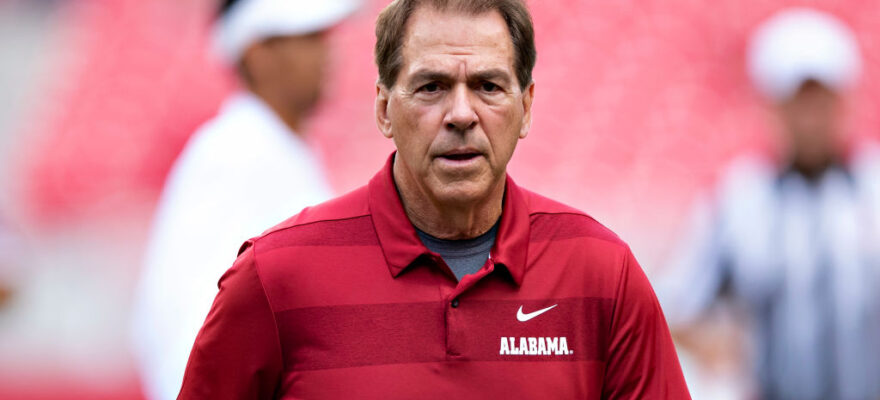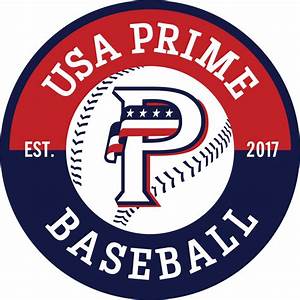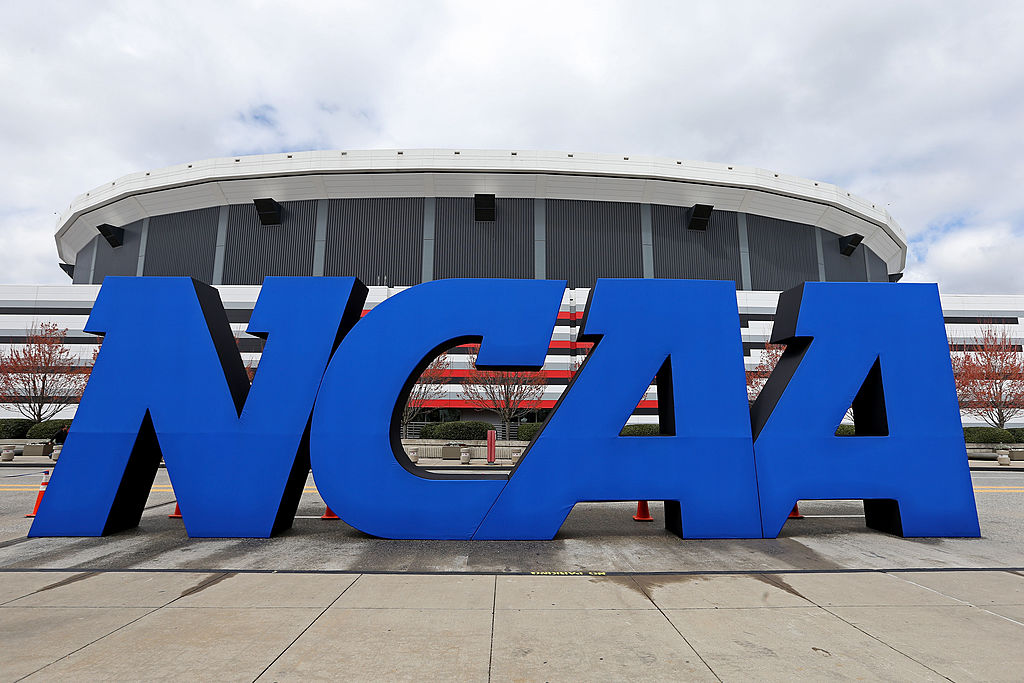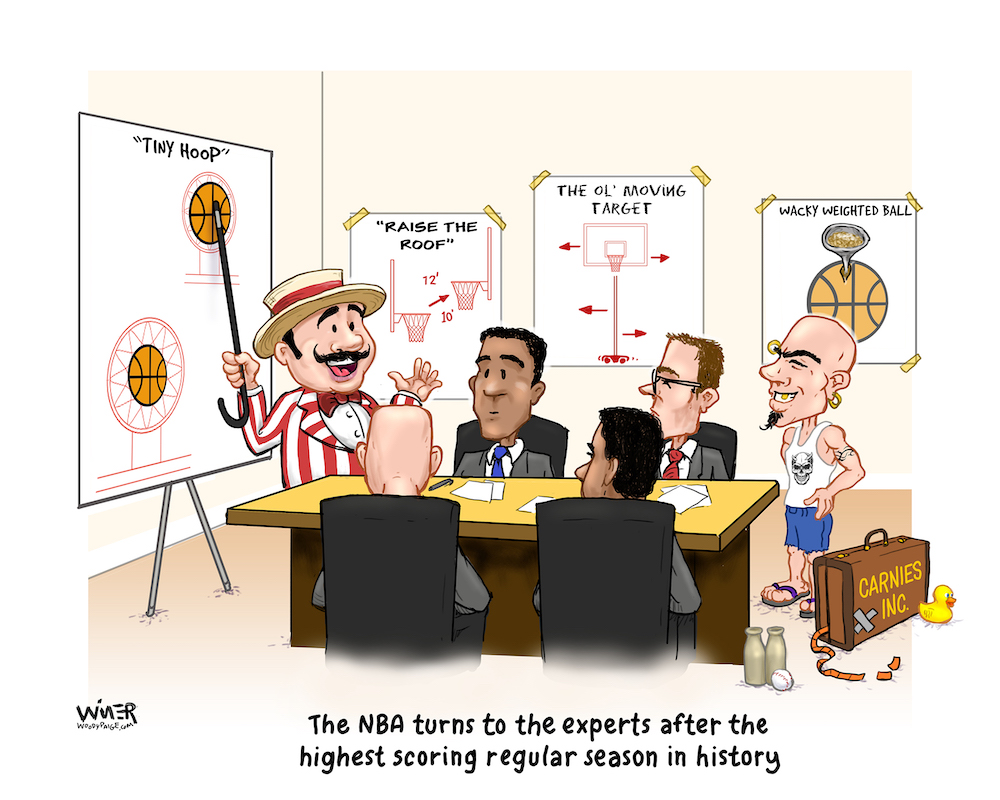When the notion of “Name, Image and Likeness” first reared its ugly head, there were a scant few of us dissenters who barked back at the notion that “these poor exploited college athletes” needed to be able to earn money from endorsement deals…just like professionals do. We said it then, and we’ll keep saying it: These are young people in college, training for a profession(s) after college, who get the chance to have a college education paid for and graduate with no student debt who are well cared for and even catered to by their school and their programs where NIL is impactful.
College athletes at the highest levels were already being well “compensated” before NIL legislation turned college sports into a free for all.
That was a couple of years ago.
Told you so.
A hearty “Welcome” to those who are now joining the growing chorus of NIL doubters.
That includes you, Nick Saban.
“I think when we start using name, image and likeness to get a player to come to our school, then that’s where I kind of draw the line,” Saban told an audience at the recent Senior Bowl Summit. “Because that’s not why we did this.”
Legendary college basketball announcer Dick Vitale took to Twitter to call NIL and the Transfer Portal “Legalized Cheating” and added, “Portal and NIL are out of control!”
Those of us who began on the “No NIL!” side of the debate – against the act-first-think-later politicians responsible for force-feeding it – were trying to get people to understand that allowing players to accept “endorsement” deals was going to obliterate the rules against what is essentially “buying” recruits. And now, with the twin disaster of the Transfer Portal, they’re buying transfers, too.
Back then, college coaches and admin stuck their collective heads in the sand, afraid of looking like they were anti-athlete to future recruits by stating what should have been obvious. And the slow moving NCAA administrators, well…
ESPN’s Chris Low puts it like this: “How the NCAA didn’t see NIL becoming a recruiting inducement from the beginning says all you need to know about how out of touch the NCAA has been with the changing landscape of college athletics.”
The NCAA office wasn’t alone.
Except now they pretty much are. President Mark Emmert is stepping down sometime in the next year. No one knows who will want the gig (Oliver Luck would be the obvious choice…if he’d take it) and the future of the organization – largely due to lack of foresight – is in jeopardy.
So what comes next?
It’s almost certainly too late to save the NCAA as an effective governing body. At best it can function as the group that puts on championship tournaments in sports other than football, and perhaps an enforcement arm for whatever rules actually remain relevant. As Low put it, “the most important position in college sports will likely be the commissioner of that super division in football and not necessarily the NCAA president.”
Which is where Saban comes back into the discussion.
The highly successful Alabama head coach will be entering his 16th season in Tuscaloosa this fall with virtually nothing left to prove or even accomplish. The fact that he’s now voicing his displeasure with the current state of affairs shows he might be thinking more about the big picture and not just about the upcoming season for the Crimson Tide. With that inevitable “Super Division” of college football coming sooner rather than later, it’s fair to wonder if Saban might be the perfect candidate to become the “czar” of college football?
Most observers – and the NCAA itself – believe it will take an act of Congress to put guardrails on NIL and the Transfer Portal. If that’s the case, who better to lobby Congress for significant help than the guy most of them hold in the highest esteem?
It’s not going to be an easy gig.
As Low put it, “At the very least, the NCAA has to find a way to provide some structure to the current climate, not necessarily limit what athletes can earn once they’re on campus, but regulate the way NIL attorneys and agents are setting up deals to steer kids to certain schools when they’re still high school juniors.”
But even if the NCAA “finds a way” it will be hard press to enforce it without laws in place to back it up. It’s going to take a big push by a big name – like Saban – to even begin to be able to put a small fraction of this toothpaste back into the tube.



















